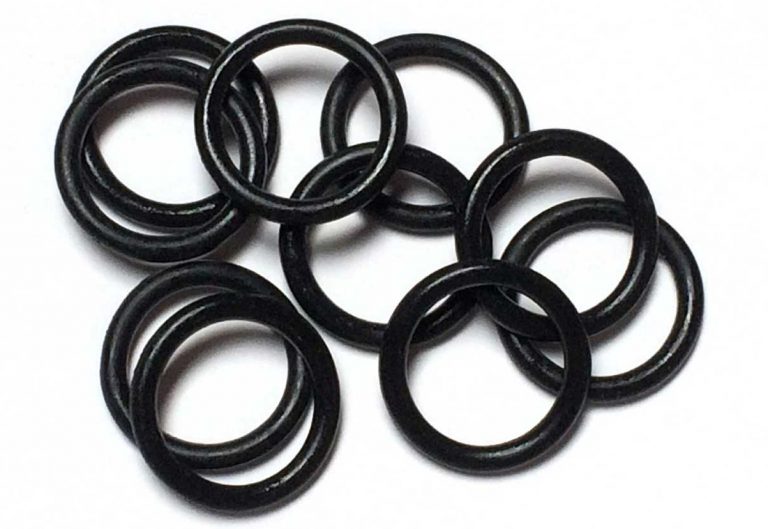Viton Seals

Contact : +91 97404 04503
Viton seals are an essential component in various industrial applications, known for their exceptional resistance to chemicals, heat, and extreme environmental conditions. These seals, made from Viton—a brand name for a fluoroelastomer developed by DuPont—are widely used in sectors like automotive, aerospace, oil and gas, and chemical processing. Understanding the properties, advantages, and applications of Viton seals can help businesses select the right sealing solution for their needs.
What Are Viton Seals?
Viton is a high-performance synthetic rubber, specifically a fluoroelastomer, that was introduced in 1957. It is composed of fluorine-containing polymers, giving it remarkable chemical and heat resistance compared to other elastomers. Viton seals are designed to provide a tight and secure barrier in various mechanical systems, preventing leaks of fluids or gases under harsh conditions.
Key Properties of Viton Seals
-
Chemical Resistance: One of the most significant advantages of Viton seals is their resistance to a wide range of chemicals, including oils, fuels, lubricants, and most mineral acids. This makes them ideal for use in environments where exposure to harsh chemicals is frequent.
-
Temperature Tolerance: Viton seals can withstand extreme temperatures, ranging from -20°C to 205°C (-4°F to 401°F), and in some cases, even up to 250°C (482°F) for short periods. This high-temperature resistance is crucial in applications like automotive engines and aerospace, where seals are exposed to intense heat.
-
Durability: Viton seals offer excellent long-term durability, maintaining their properties even after prolonged exposure to chemicals, heat, and pressure. They exhibit low compression set, meaning they can return to their original shape after deformation, which is vital for maintaining a secure seal.
-
Environmental Resistance: Viton seals are highly resistant to environmental factors such as ozone, UV radiation, and weathering. This makes them suitable for outdoor applications or situations where seals are exposed to the elements.
-
Flexibility: Despite their robustness, Viton seals remain flexible at both high and low temperatures, ensuring reliable performance across a broad temperature range.
Applications of Viton Seals
Viton seals are used in various industries, thanks to their superior properties:
-
Automotive Industry: Viton seals are commonly used in engine components, fuel systems, and transmission systems, where they must withstand high temperatures and exposure to fuels and oils.
-
Aerospace Industry: The aerospace industry relies on Viton seals for aircraft engines, fuel systems, and hydraulic systems, where reliability under extreme conditions is non-negotiable.
-
Oil and Gas Industry: In the oil and gas sector, Viton seals are employed in drilling equipment, valves, and pumps, where they resist harsh chemicals and high temperatures.
-
Chemical Processing: Viton seals are ideal for chemical processing applications where exposure to aggressive chemicals and extreme temperatures is routine.
Conclusion
Viton seals provide an exceptional sealing solution for industries that demand high performance under challenging conditions. Their ability to resist a wide range of chemicals, withstand extreme temperatures, and endure harsh environmental factors makes them indispensable in critical applications. Whether in the automotive, aerospace, oil and gas, or chemical processing sectors, Viton seals ensure reliability and longevity, reducing downtime and maintenance costs. For businesses looking for a durable and robust sealing solution, Viton seals offer unmatched performance and peace of mind, making them a smart investment for any industrial application.
